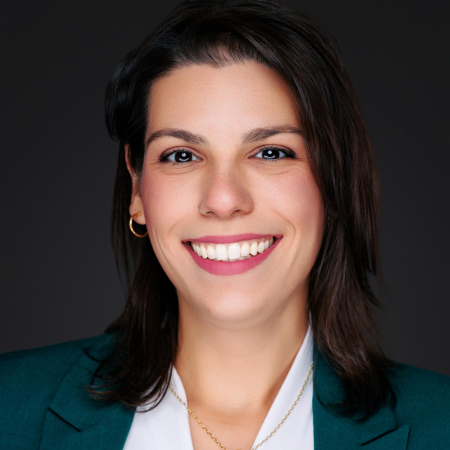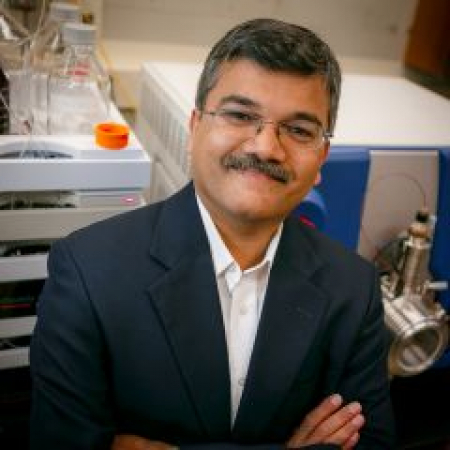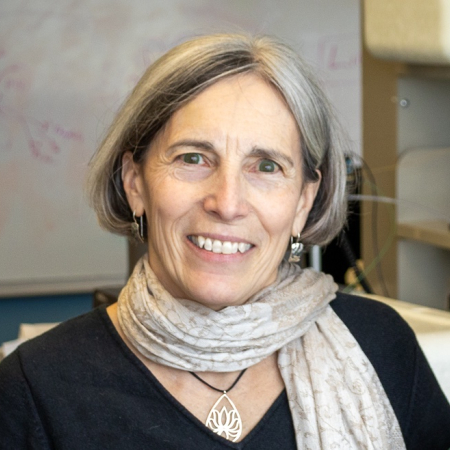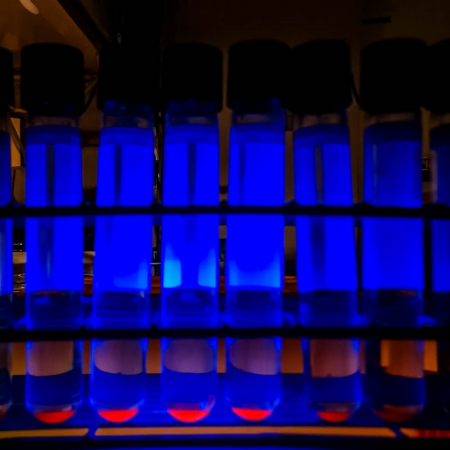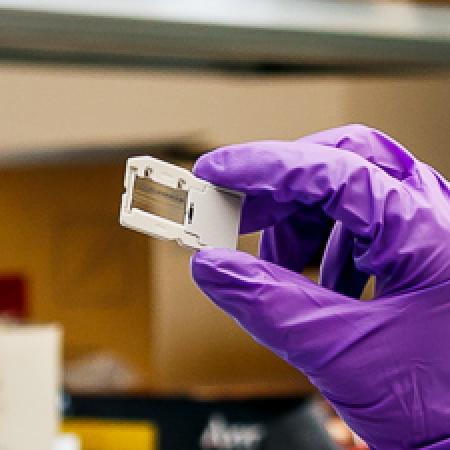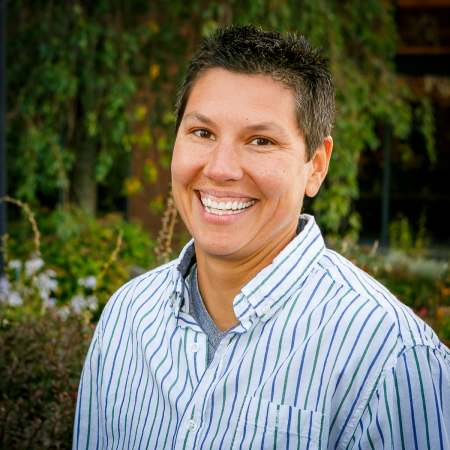Wadsworth Center Scientist Contributes to International Standards for Clinical Laboratories
The Clinical Laboratory Evaluation Program (CLEP) within the Wadsworth Center regulates clinical laboratory testing in New York State. Among its regulatory responsibilities, CLEP is currently the only regulatory agency in the United States that conducts formal review of Laboratory Developed Tests (LDTs). While clinical laboratories outside New York State may develop and use LDTs without FDA approval, any laboratory seeking to test New York State specimens must obtain CLEP approval.
READ MORE about Wadsworth Center Scientist Contributes to International Standards for Clinical Laboratories 